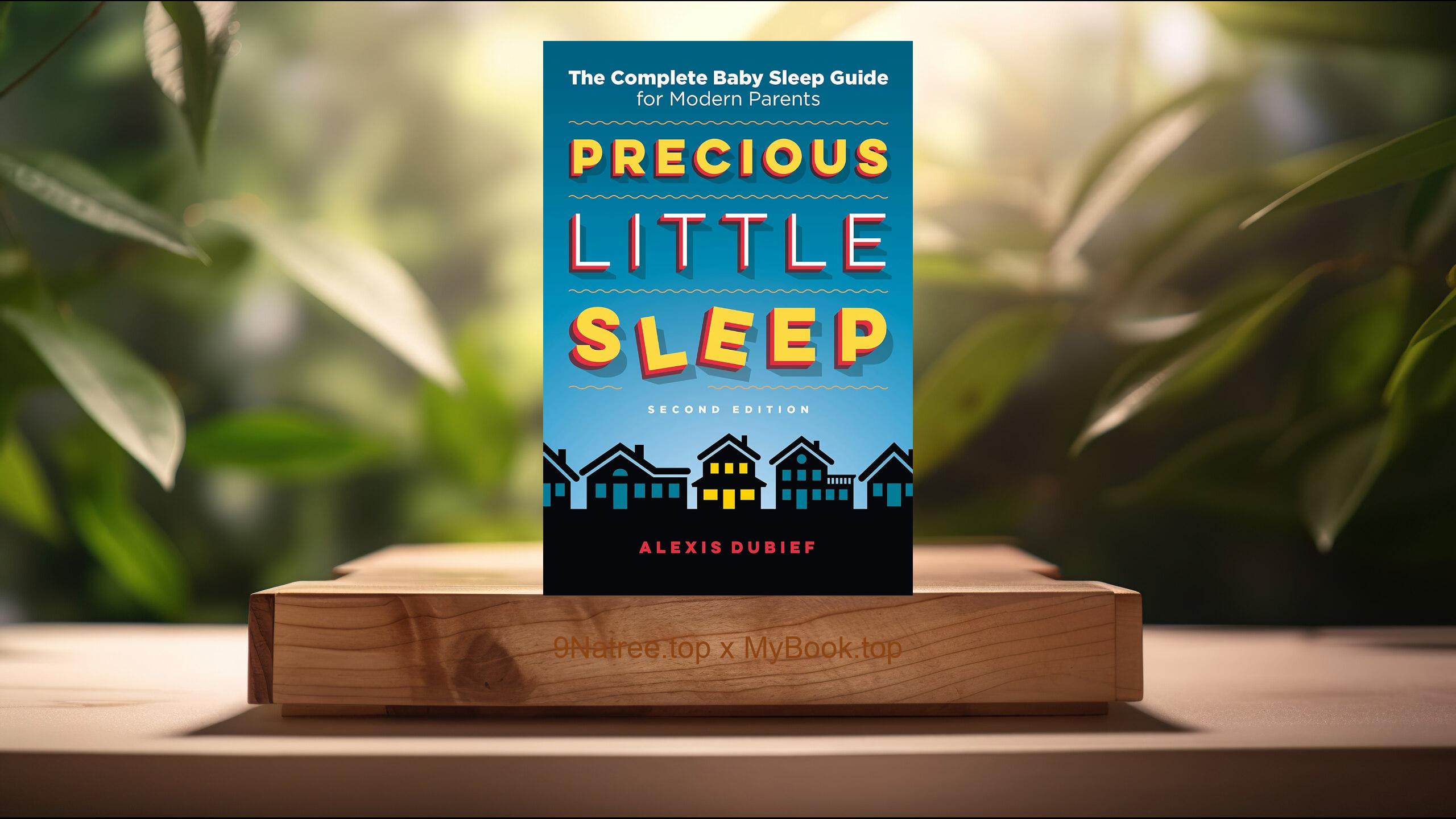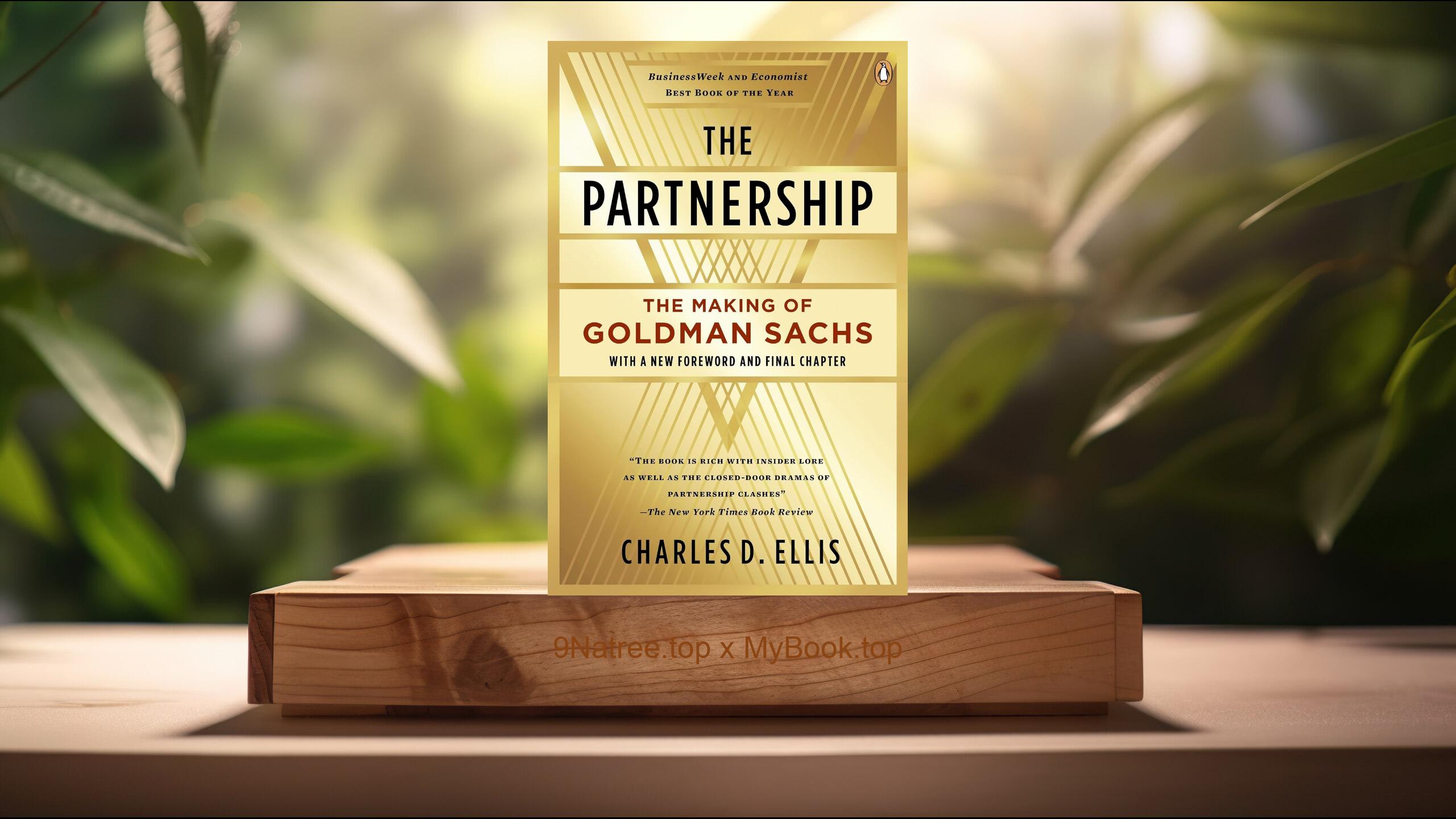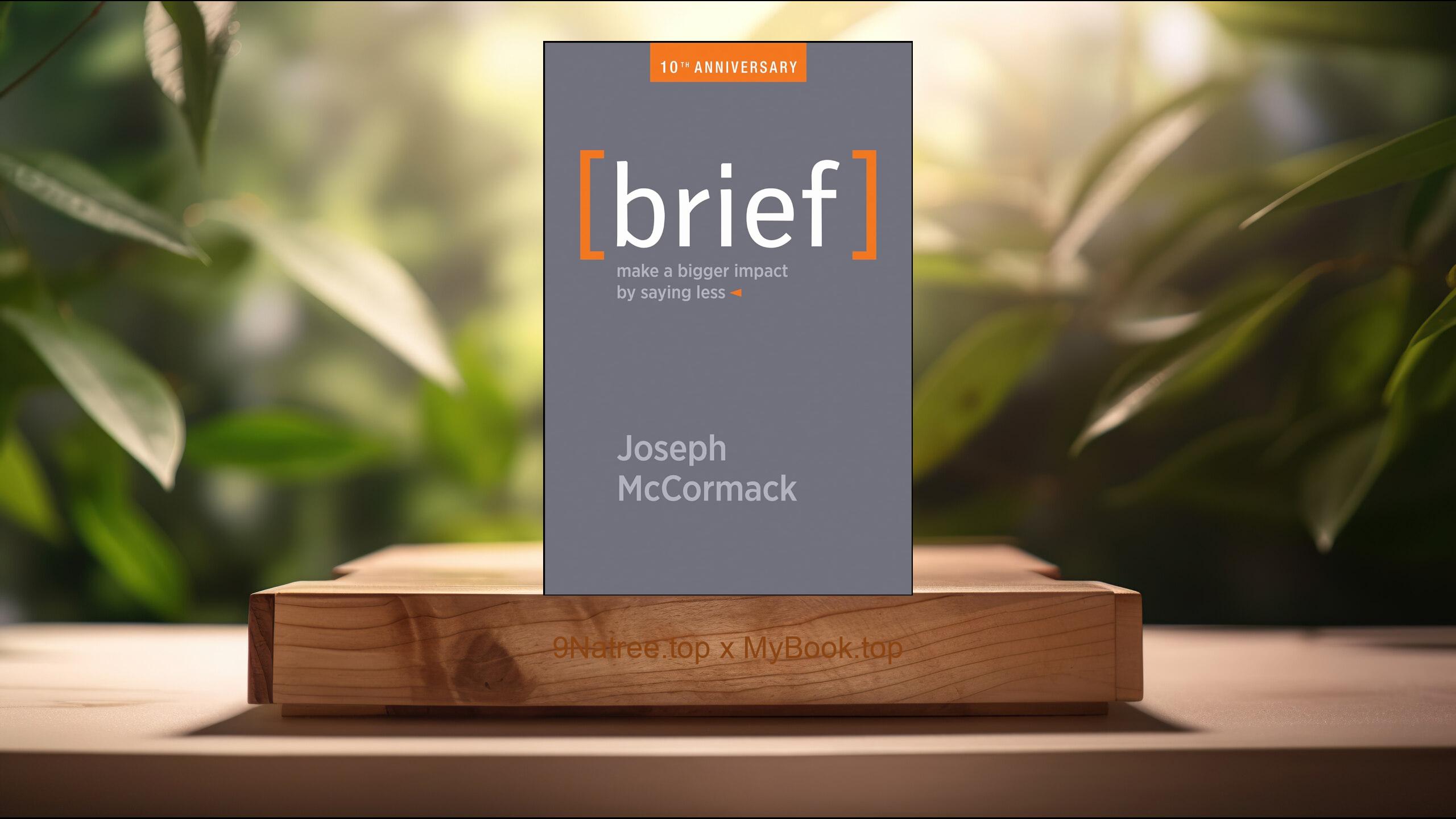Show Notes
- Amazon USA Store: https://www.amazon.com/dp/B09KRHS177?tag=9natree-20
- Amazon Worldwide Store: https://global.buys.trade/The-Wedding-Party-Cathy-Kelly.html
- Apple Books: https://books.apple.com/us/audiobook/the-wedding-party/id1761410671?itsct=books_box_link&itscg=30200&ls=1&at=1001l3bAw&ct=9natree
- eBay: https://www.ebay.com/sch/i.html?_nkw=The+Wedding+Party+Cathy+Kelly+&mkcid=1&mkrid=711-53200-19255-0&siteid=0&campid=5339060787&customid=9natree&toolid=10001&mkevt=1
- Read more: https://mybook.top/read/B09KRHS177/
#Irishfiction #familydrama #womencenteredfiction #weddingnovel #friendshipandsisterhood #secretsandreinvention #contemporaryliterature #TheWeddingParty
These are takeaways from this book.
Firstly, Family secrets and the cost of silence, At the heart of the novel lies the way families protect themselves with silence. The wedding acts as a catalyst, bringing together relatives who have carefully avoided certain subjects for years. Old decisions taken out of fear or pride shape the present in ways no one anticipated, and protective lies begin to fray under the spotlight of celebration. Kelly shows how secrecy can keep people safe in the short term but lonely in the long term, creating distance where closeness is most needed. As toasts are planned and tables arranged, truth presses forward in small, human moments rather than grand confrontations. What emerges is a nuanced look at how honesty can feel terrifying and yet become the first real act of love. The novel neither shames past choices nor glamorizes confession; it simply follows characters as they learn to say the quiet thing out loud and discover that transparency, though painful, allows relationships to breathe again.
Secondly, Sisterhood, friendship, and the unspoken scoreboard, Cathy Kelly excels at depicting the intricate math of sisterhood and friendship, where affection sits beside comparison, rivalry, and fierce loyalty. In the swirl of wedding tasks and photos, characters find themselves measuring who has the perfect partner, the dream job, or the most obedient children. The author explores how these silent scoreboards are fed by social media highlights and family expectations, and how they can erode genuine connection. Yet the story also honours the everyday heroism of women who show up for one another when it matters most. Misunderstandings are untangled not by grand gestures but by small acts of care, honest apologies, and shared laughter. The wedding becomes both a mirror and an equalizer, revealing that everyone is carrying something heavy. Kelly invites readers to consider what happens when friends and sisters stop competing and start telling the truth about their needs, boundaries, and fears, making room for a richer, kinder closeness.
Thirdly, Reinvention, midlife pivots, and the courage to choose, One of the novel’s strongest threads is reinvention. Several characters stand at turning points, questioning careers that looked impressive from the outside, relationships that have grown routine, or roles they accepted by default. The wedding intensifies these reflections by compressing time and emotion into one glittering weekend. Kelly writes with keen empathy about the fear of letting others down, the pull of duty, and the quiet longing to reclaim a sense of self. Rather than prescribe a single answer, the book models many forms of courage: asking for help, changing course without drama, starting a difficult conversation, or choosing to stay and do the deeper work. Reinvention here is not a drastic makeover but a series of steady decisions aligned with values. Readers see how self respect grows with each boundary set and each promise kept. The result is a hopeful invitation to view change as a practice, not a cliff edge, and to trust that it is never too late to begin again.
Fourthly, The wedding as social theatre and truth serum, The logistics of a big day provide more than backdrop; they are a stage where class, money, and manners perform alongside love. Seating plans expose alliances, speeches reveal subtext, and last minute mishaps strip away the polished surface. Kelly finds humour in the fuss over flowers and playlists, but she also shows how ritual can loosen tongues and open hearts. Formalities push characters into proximity they might otherwise avoid, sparking conversations that had to happen but never found the right moment. The event’s tight schedule acts like a drumbeat, pushing personal plots toward resolution. By the time the band plays the final song, the characters have faced awkward truths, made unexpected allies, and reframed their priorities. The wedding, then, is both spectacle and solvent, dissolving pretence and clarifying what matters. This portrait of social theatre feels recognisable and human, reminding readers that even the most choreographed celebration can change lives in unplanned, necessary ways.
Lastly, Irish setting, tradition, and the pull of belonging, Rooted in an Irish setting, the novel draws on the rhythms of community, the comfort of familiar places, and the pressure of local expectations. Kelly captures the music of conversation, the quiet kindness of neighbours, and the way news travels faster than intention. Traditions bring beauty and continuity, yet they also create a script that not every character can or should follow. The story balances nostalgia with modern realities, showing how migration, blended families, and new career paths shape contemporary Irish life. That context enriches every choice the characters make, from who stands up to give a speech to who steps away for a moment of peace on the shore. Belonging becomes less about meeting a checklist and more about telling the truth within the community you love. The setting does not simply frame the plot; it deepens it, offering a sense of place that feels generous, lived in, and integral to each character’s search for home.
![[Review] The Wedding Party (Cathy Kelly) Summarized](https://episodes.castos.com/660078c6833215-59505987/images/2179755/c1a-085k3-wwp4xq5nho0n-paujwe.jpg)




